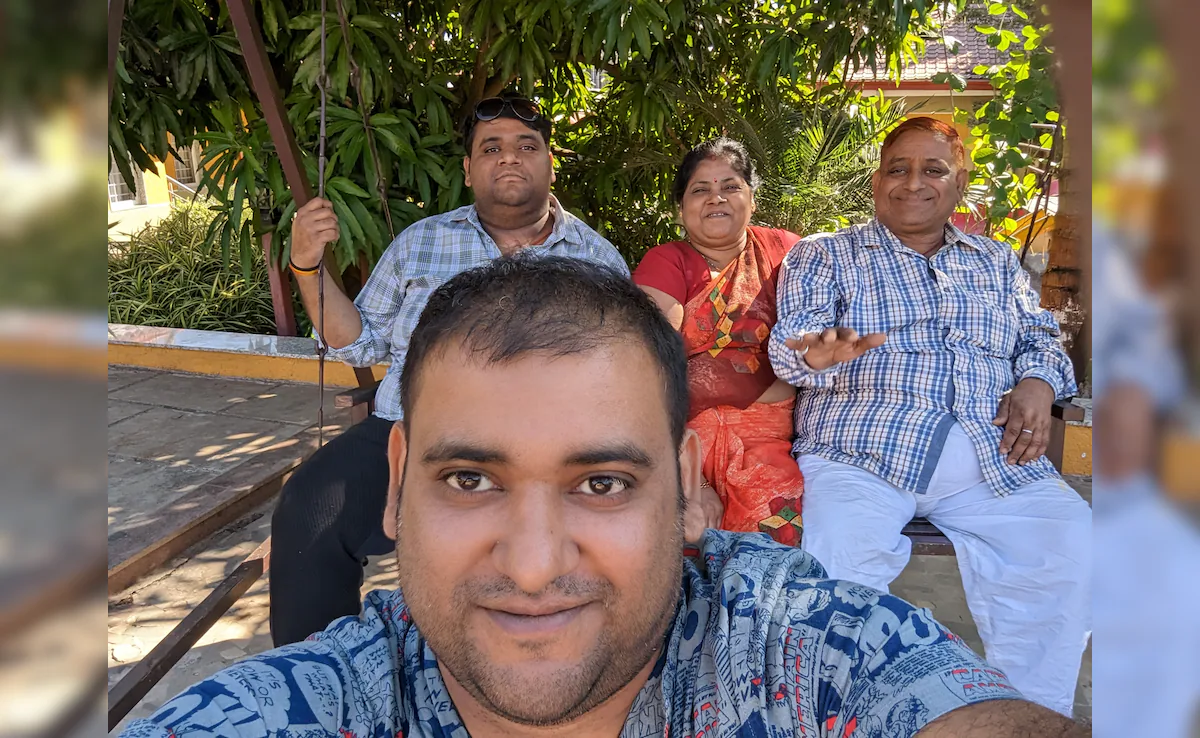Bengaluru, December 11:
The death of 34-year-old Atul Subhash, a tech professional specialising in Artificial Intelligence, has ignited a nationwide debate on men’s rights, mental health, and the misuse of legal frameworks in family disputes. Subhash was found dead in his Bengaluru residence on Monday, leaving behind a detailed suicide note, an explanatory video, and a chilling checklist of his final preparations.
Months of Planning Revealed
Originally from Bihar, Subhash meticulously planned his last actions. Police discovered a printed checklist at his home titled “Before Last Day,” “Last Day,” and “Execute Last Moment.” It included tasks such as:
- Removing biometric data from his phone.
- Backing up crucial financial and personal information.
- Arranging keys to his belongings for easy access.
- A placard with the words “Justice is due” was also found in the room where Subhash took his life.
Family Disputes and Allegations
Subhash married Nikita Singhania in 2019, and the couple shared a four-year-old child. According to his family, Subhash endured years of alleged harassment by his wife and her family, culminating in multiple legal cases. His brother, Bikas Kumar, claims that false accusations led to relentless mental and physical distress.
The family alleges that Subhash was pressured to pay ₹3 crore as part of a settlement and an additional ₹30 lakh to gain visitation rights for his son. Repeated travel between Bengaluru and Jaunpur, Uttar Pradesh, for court hearings took a toll on his mental health.
Legal Action in Atul Subhash Suicide Case
An FIR has been registered against four individuals, including Subhash’s wife Nikita, her mother Nisha Singhania, her brother Anurag, and her uncle Sushil. The charges include abetment of suicide and criminal liability for joint intent.
Nationwide Reactions and Systemic Criticism
The case has reignited conversations about the alleged misuse of dowry laws and biases in the legal system. Activists and legal experts have expressed concerns about the lack of support for men in similar situations.
Delhi-based men’s rights activist Barkha Trehan stated, “Subhash’s case is a stark reminder of how systemic failures can drive men to such drastic actions. The bias in the system often leaves men unheard.”
Lawyer Abha Singh also highlighted the issue of legal misuse, urging reforms to ensure justice is not denied to genuine victims, regardless of gender.
A Cry for Reforms in Existing Laws
Subhash’s tragic death has amplified calls for a balanced approach in addressing family disputes and legal battles. Advocates stress the need for systemic changes to prevent similar incidents and provide mental health support for all individuals caught in legal and societal pressures.
The investigation into the case is ongoing. Subhash’s death leaves a grim reminder of the toll such conflicts can take on mental health and the pressing need for fair legal practices.



